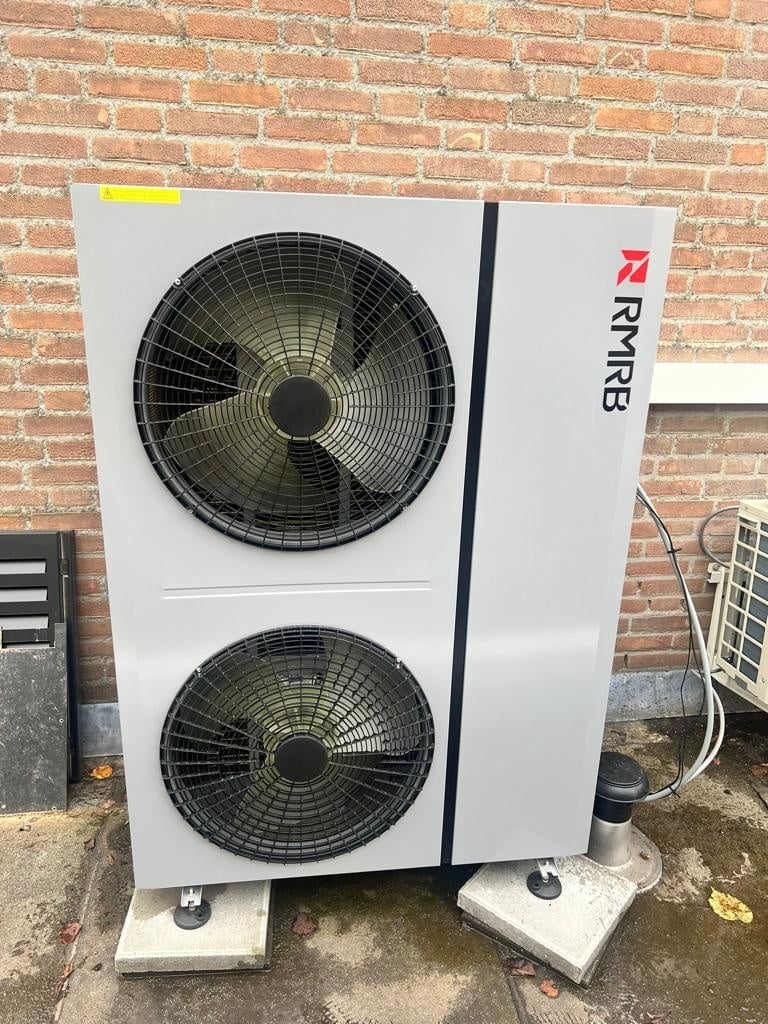What do we mean by heat pumps?
Utilizing the power of heat pumps: a sustainable way to stay warm
In an era characterized by an urgent need to address climate change and reduce our ecological footprint, the quest for sustainable energy solutions has never been more critical. Enter the heat pump, a versatile and energy-efficient HVAC system that provides both heating and cooling while minimizing environmental impact. In this comprehensive guide, we will delve deeper into the intricacies of heat pumps, how they work, and why they are rapidly gaining popularity among homeowners and businesses worldwide.
Deciphering Heat Pumps
At its core, a heat pump is a revolutionary heating, ventilation, and air conditioning (HVAC) system that utilizes the principles of thermodynamics. Unlike conventional heating systems that rely on the combustion of fossil fuels such as natural gas or oil, heat pumps operate by transferring heat from one place to another. They use a minimal amount of electricity to facilitate the movement of heat between indoor and outdoor environments, effectively offering a dual solution for heating and cooling needs.
Operation of Heat Pumps
To truly appreciate the elegance of heat pumps, it is essential to understand how they work at a fundamental level. The operation of a heat pump can be divided into four main stages:
-
Evaporation: In the outdoor unit, a refrigerant undergoes evaporation at a low temperature, absorbing heat from the surrounding outdoor air, even at significantly lower temperatures.
-
Compression: After evaporation, the refrigerant is compressed, leading to a substantial temperature increase.
-
Condensation: Inside the indoor unit, the hot, compressed refrigerant releases the stored heat as it condenses, effectively heating the indoor space.
-
Expansion: The refrigerant returns to the outdoor unit, where it expands, resets the cycle, and continues extracting heat from the outdoor environment.
This remarkable process enables heat pumps to provide efficient heating and cooling without generating heat through combustion, positioning them as an environmentally friendly alternative.
Benefits of Heat Pumps
Embracing heat pumps offers a range of benefits that make them a compelling choice for both residential and commercial applications:
-
Energy Efficiency: Heat pumps are known for their exceptional energy efficiency. Depending on the type and application, they can generate between 1 and 3 units of heat for every unit of electricity consumed. This translates into significant energy savings and a noticeable reduction in energy bills.
-
Versatility: A standout feature of heat pumps is their ability to provide both heating and cooling, offering year-round comfort with a single system. Additionally, some heat pumps can be configured to produce hot water, further increasing their utility.
-
Environmental Awareness: By eliminating direct emissions and reducing dependence on fossil fuels, heat pumps significantly contribute to reducing the ecological footprint and aid in the fight against climate change.
-
Cost Savings: While the initial investment in a heat pump system may be higher than traditional HVAC systems, the long-term energy cost savings often more than compensate for the initial outlay, making them a financially prudent choice in the long run.
-
Consistent Comfort: Heat pumps excel in evenly distributing heat, eliminating uncomfortable hot and cold spots in living spaces. They can also operate effectively at lower temperatures, ensuring comfort even during the coldest winter months.
Types of Heat Pumps
The diversity of heat pump technology means there are various types to meet different needs:
-
Air-Source Heat Pumps: This is the most common type, extracting heat from the outdoor air. They are particularly suitable for regions with a moderate climate.
-
Ground-Source Heat Pumps (Geothermal): These systems extract heat from the ground, offering even higher efficiency, although the installation can be more complex.
-
Water-Source Heat Pumps: By utilizing a water source such as a pond or lake, these pumps efficiently exchange heat and are beneficial for large-scale applications.
-
Ductless Mini-Split Heat Pumps: Ideal for retrofitting existing homes without ductwork, these systems provide targeted heating and cooling.
Conclusion
Heat pumps represent a promising solution for sustainable and efficient heating and cooling as we collectively strive to limit climate change and minimize our environmental impact.






